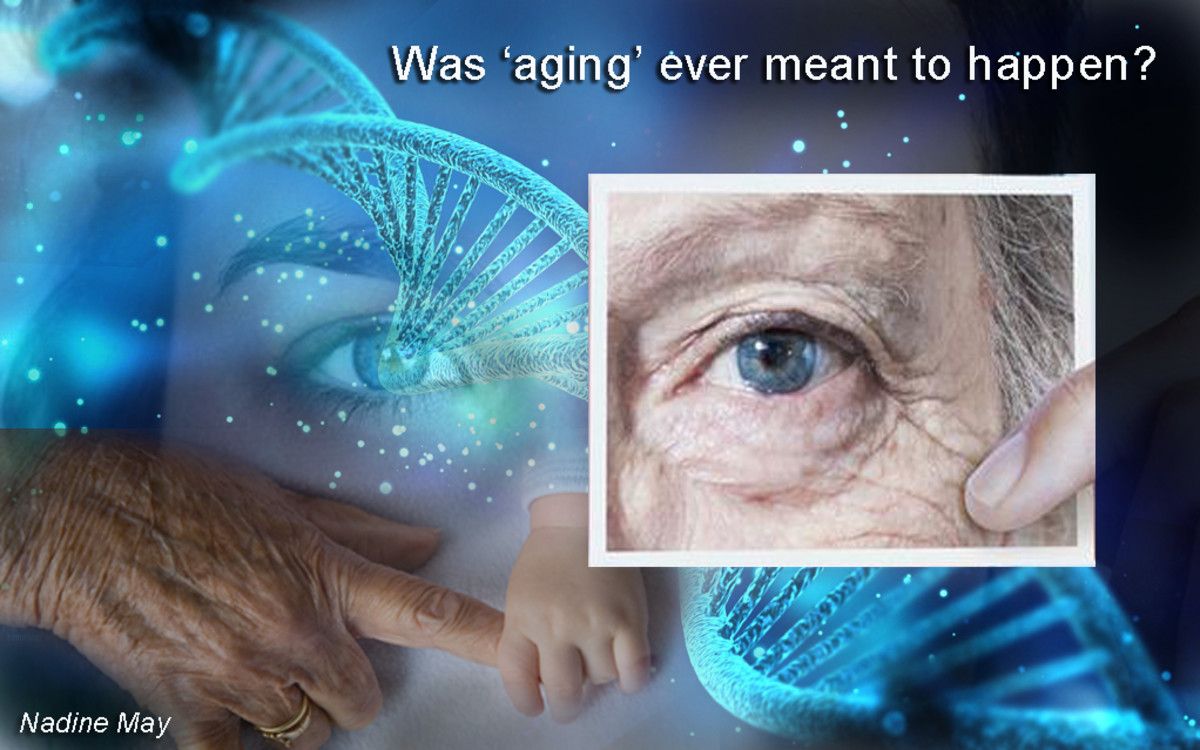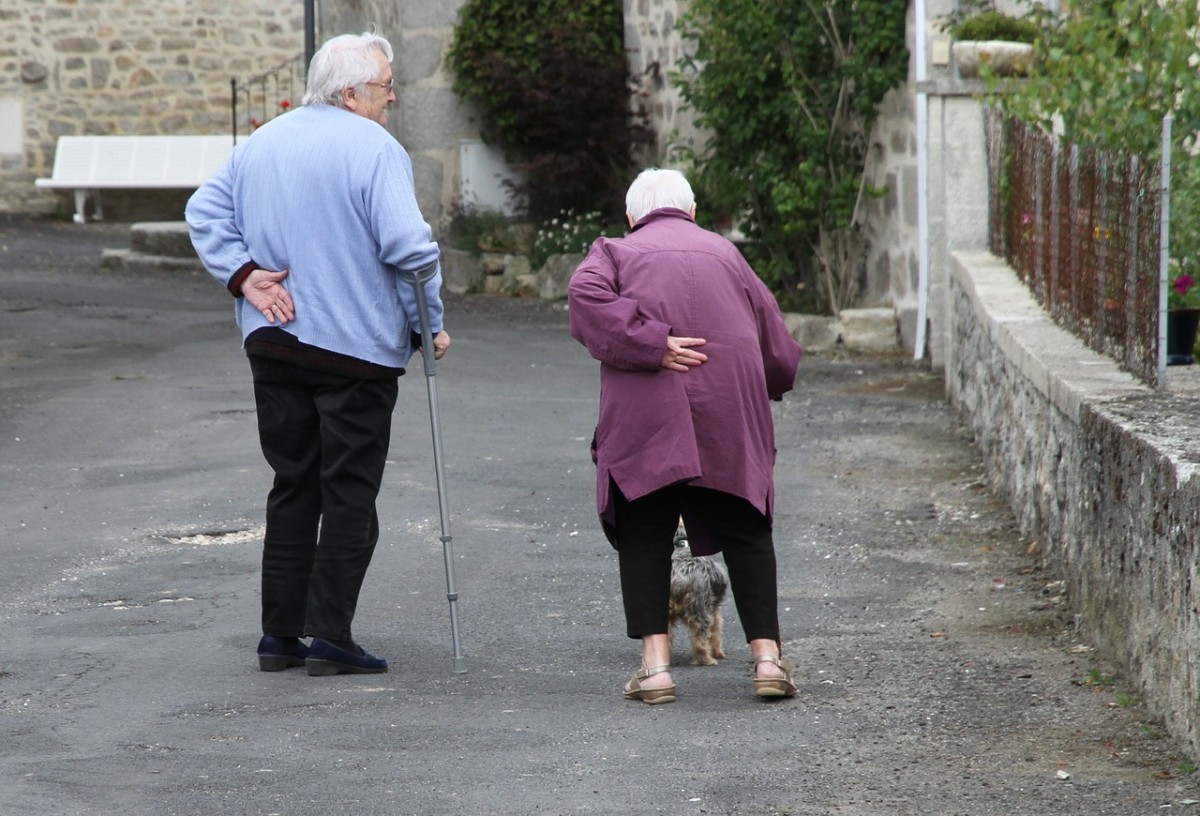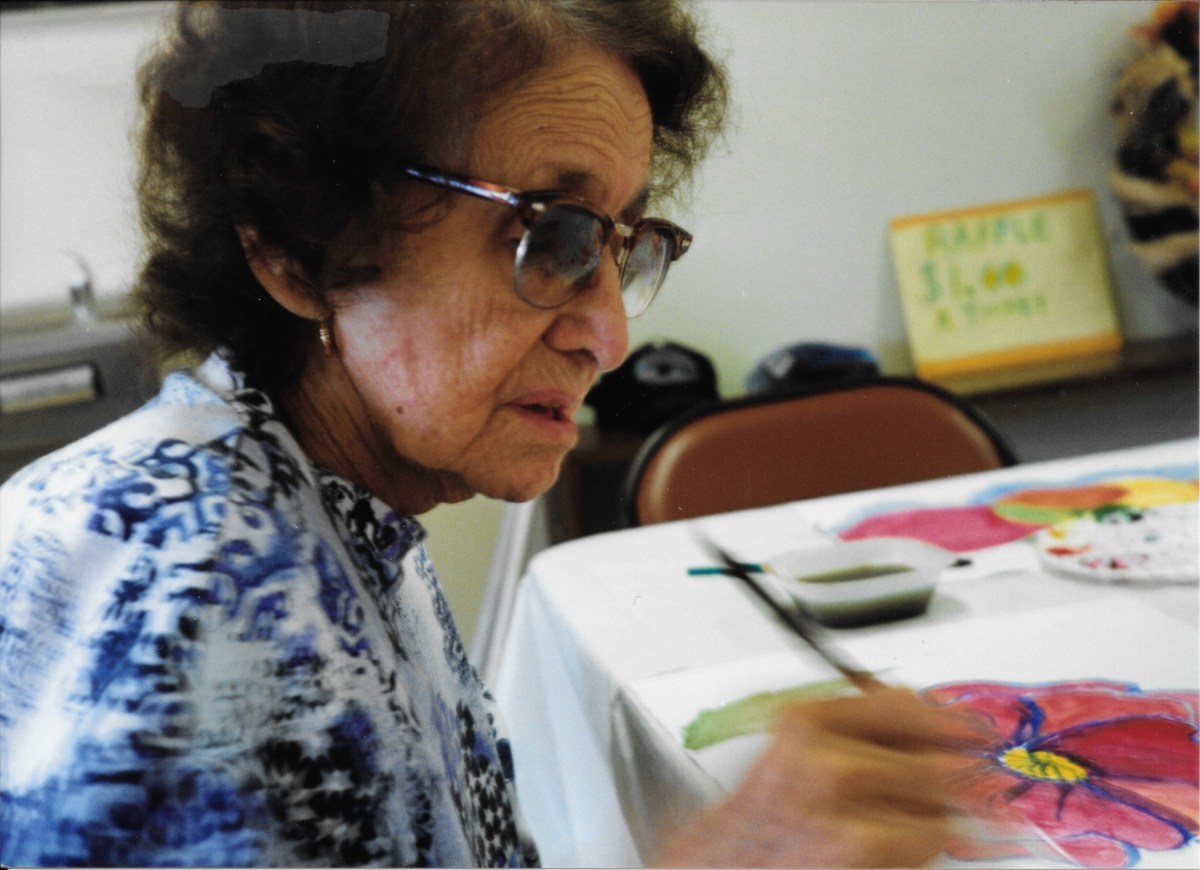What is Aging and What is the Biggest Contributor to Life Expectancy?
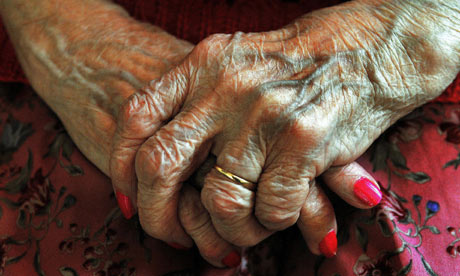
What is aging?
Aging is the tendency for a biological system, like a human being, to atrophy and become more and more disordered. The immune system, which is designed to clear old, dead, compromised or malfunctioning material from the body gets weaker over the years while cell proliferation and turnover rate decrease. There comes a point where more and more old, dying cells comprise our bodies and our weakened immune systems aren't able to clear the debris from our systems fast enough. It's just a matter of time before a life sustaining organ fails because there's not enough healthy tissue left for it to operate or it becomes so vulnerable to change that a sudden onset of stress or cold weather can push it over the edge.
Why does this happen? After all, a woman, well into adulthood, with signs of age can spawn a new life with no signs of age. If that's possible, why can't we regenerate ourselves? Where does this tendency to fall apart come from?
Life Expenctancy is a Consequence of DNA Transcription
All living things contain genetic material that determine that species' characteristics. This same genetic material makes it possible for organisms to reproduce, by making copies of their genetic material and of themselves as a whole. In humans, most cells in the body contain a nucleus with DNA inside. This DNA is a blueprint that defines everything about us. A strand of DNA is actually 2 strands connected by branches, arranged in a helix. Visually, it looks like a very long ladder, twisted in a spiral. Each rung of the ladder contains 2 pieces connected in the middle, each piece belonging to its respective half of the ladder. The pieces fit together like Lego. There are only 4 unique pieces and each one can only have a specific partner of the remaining 3, it cannot mate with the other 2. Therefore, knowing what one half of the DNA ladder looks like means you know exactly what the other half must look like.
When DNA copies itself, it "unzips" so that the ladder breaks in half down the middle and the 2 pieces drift away from each other. They do this so that each half can be used as a template to construct a new second half, resulting in 2 new DNA double strands. Enzymes in the nucleus go to work assembling the missing halves until the chain is complete. This repeats as many times as a given cell divides. Each new cell division requires DNA transcription or copying. So what? What does this have to do with life expectancy?
All of the "important" stuff in a DNA double strand is in the middle of the strand. The ends are full of junk that doesn't code for anything in the body. This junk has a name. It's called a telomere. Telomeres may appear to be useless but they serve a very important function by protecting the important middle stuff. Why does the middle stuff need protection? Because DNA transcription is not perfect. It is inherently flawed and always has been. Every time a DNA double strand splits, some of the material on the end of the strand is not copied. Instead it's truncated and lost forever. If telomeres didn't exist, you'd be losing important information needed for your body to function, every time a cell divided. Now you can see that telomeres are quite literally a fuse going into a life expectancy "time bomb". After a limited number of cell divisions, all the telomeres are gone from being continually erroded away and any further cell division would eat into the good stuff causing cell death or malfunction and cancers. This condition is known as crisis. To avoid crisis, many cells stop dividing at this point and go into old age mode which is called senescience. As a human being ages, more and more cells become senescient because they've hit a wall and can't divide anymore. This is the essence of aging and it's what determines our life expectancy.
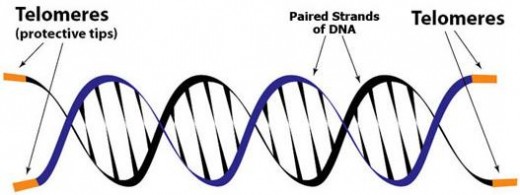
Our Life Expectancies Are Part of Our Design
Different organisms have different lengths of telomeres and different metabolisms with different rates of cell division. There are way more factors to aging than what's presented here but telomeres are one of the biggest constraints. Some animals live longer or shorter lives because their telomeres run out later or earlier. As telomeres shorten, the body becomes aware of it and activates certain genes that increase our risk factors to certain diseases. In fact biological age is a means of activating all sorts of different events in the body like puberty or menopause for example. Two people of the same chronological age may have very different biological ages because in 1 person, something like oxidative stress from smoking or poor eating habits has accelerated the need for cell proliferation to replaced damaged tissue, thus shortening telomeres more quickly. All else being equal, that person's life expectancy would be shorter. Our environment and lifestyles do affect our bodies' need to replenish its cells and the greater the need to clean up all the time, the faster we'll age. You can do everything in your power to slow the process down but ultimately just the act of being alive is enough to cause aging. The maintenance involved in staying alive is significant in and of itself.
What do you think the future holds for the life expectancy of our species?
Is There Any Way to Extend Life Expectancy?
To some extent there is. Along with telomeres there is also telomerase. This is a special enzyme that goes around adding back those lost pieces at the end of the DNA ladder. It restores telomeres... but not completely. It's not quite enough to bring a DNA strand back to where it was at the time of your birth but it prolongs the aging process. If not for telomerase we would have even shorter life expectancies than we do now. Lab experiements with mice have shown that artificially deactivating telomerase caused them to die much faster than the 3 years they ought to have lived.
The thing about telomerase is that it's not active everywhere in the body. It tends to be most active in cells that have very high turnover rates. This includes hair follicles and white blood cells for example. Telomerase is also very active in stem cells and in babies forming in the womb. Now you see why creating a new life turns back the clock, even though you started with a human being well into her 20s or 30s. Aside from these examples, most of the cells in our bodies see only mild or no telomerase activity and so they go on slowly aging as time passes.
Recent research into telomeres and telomerase has led to the discovery of certain foods like the Astragalus plant, long since used in Chinese medicine, which can stimulate the activity of telomerase in the body. Pharmaceutical companies are now exploiting this feature to create both telomerase activating AND telomerase de-activating drugs which can be used to retard aging and arrest cancer growth respectively, as cancer cells almost always have their telomerase gene switched to full power, allowing them to grow without limit.
Another way to extend one's lifespan is simply to adopt a lifestyle that promotes good health and strong immunity. The immune system, as you recall, is responsible for recycling and disposal so that the "noise" in your body is kept to a minimum and your organs can do their jobs. Illness and disease is heavily taxing on the immune system and requires a lot of cell division activity and subsequent cleanup. This is wasteful on your body's limited resources and will speed up aging. Bad habits like smoking and drinking involve putting toxic substances into your body which not only kill cells directly but prompt the immune system to clear out the debris while your cells get busy dividing to fill the gaps left behind. Injuries, excessive exercise or sports, over-eating, too much sun and many other activities can all directly or indirectly increase the demand for new cells, which ultimately shortens your life expectancy.
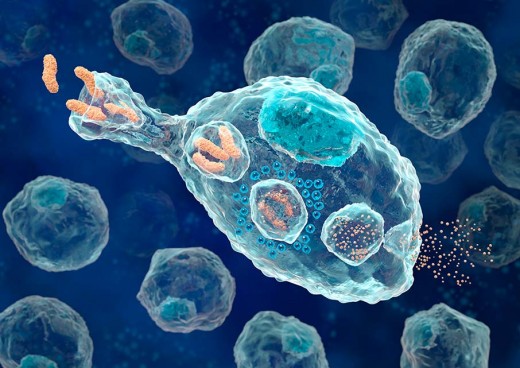
What About Modern Medicine?
Modern medicine has resulted in people living longer but not so much because it increases their life expectancies. For the most part, medicine has made leaps and strides in preventing premature death due to disease and opportunistic infection. When something happens to you, you go see your GP or go to a hospital and they administer very specific treatment, effictive in arresting whatever problem you have because of generations of accrued knowledge into how the body works and how it responds to certain chemical agents. However, just because a person can live well into their 80s instead of their 50s doesn't mean medicine has extended our life expectancy to the 80s. Rather, it has allowed us to get closer to our actual life expectancy by keeping us from dying before our time. It's really a matter of semantics as one could argue that life expectancy is simply "how long you expect to live" so in that sense medicine has extended our life expectancy but at the biological level, it really hasn't changed much and we're just starting to test the limits of how long we can actually last if we're careful and lucky.
The Silver Lining
Life expectancy is measured in years. Quality of life is without measure. Adding time to your life won't necessarily bring you happiness. Using the time you have the way you planned to will. Occasionally I hear on the news about someone who celebrated their 100th birthday and I think "meh.." but when I hear that person's helping other elderly people do basic tasks or continuing to enjoy his/her hobbies, I think "Awesome!". A long life should be accompanied by a strong will to live.

